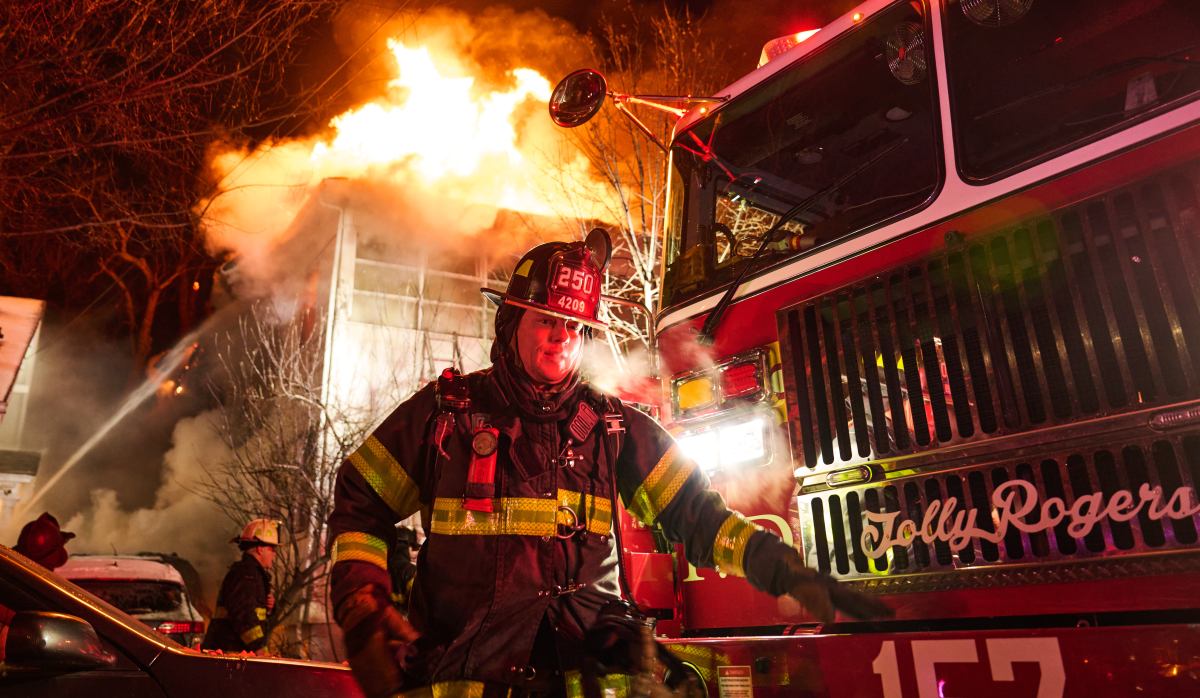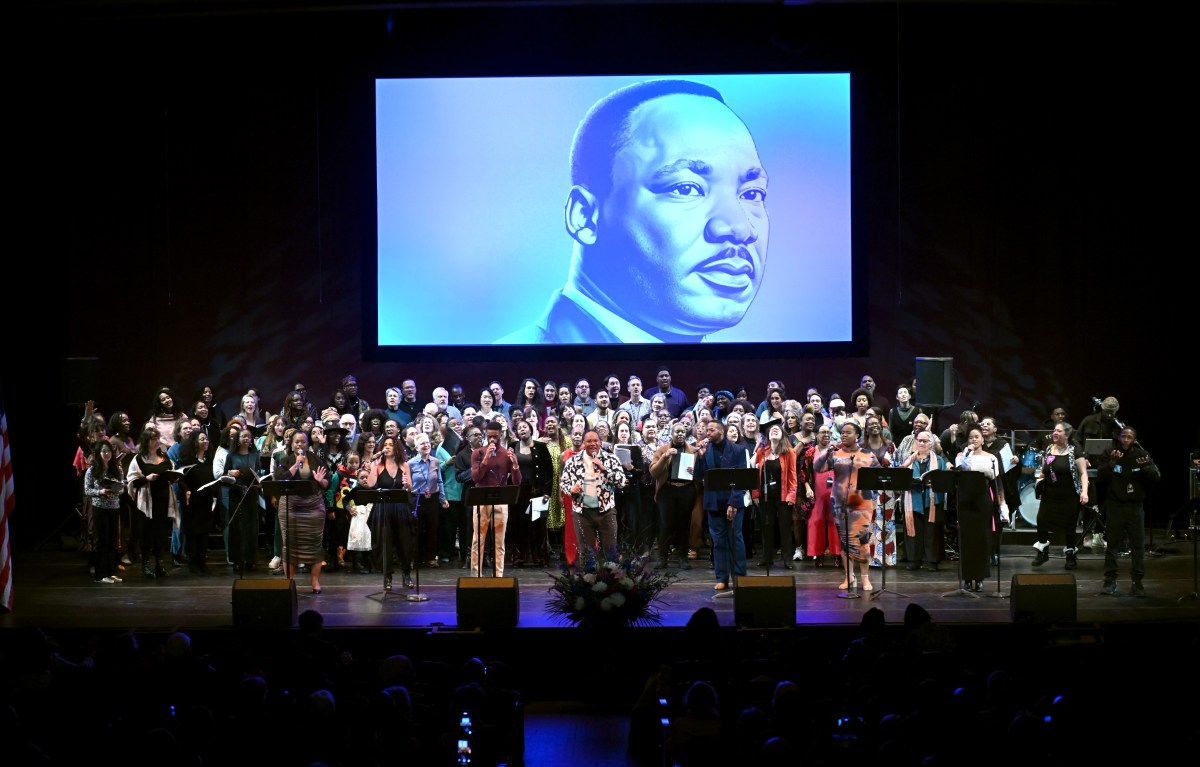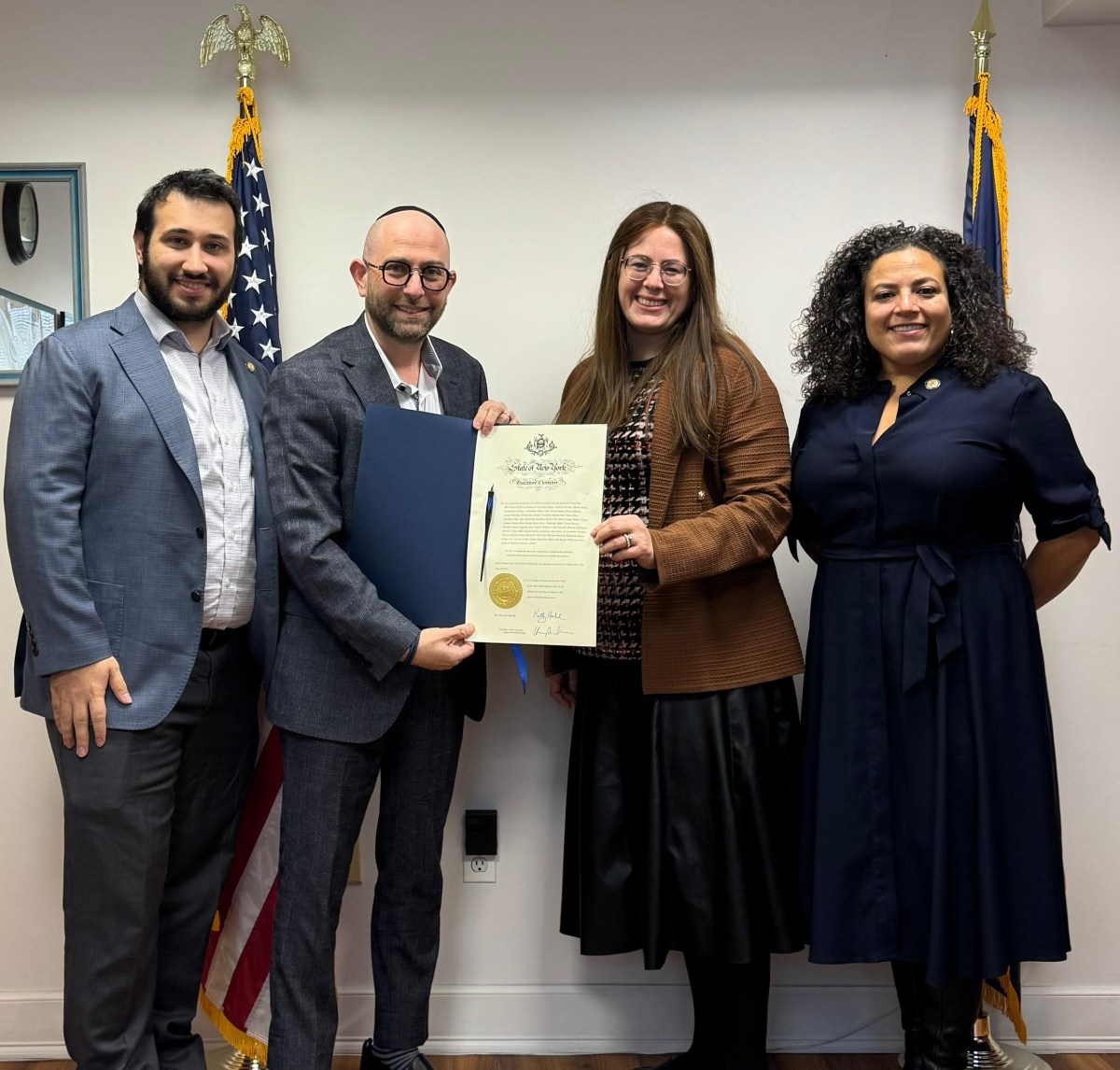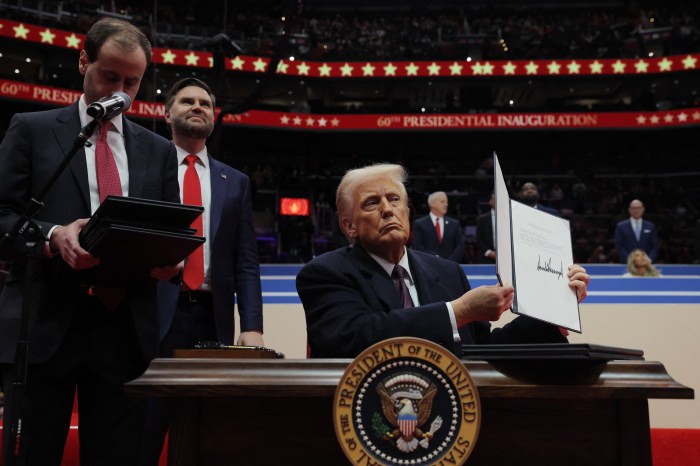
Before she was a Nobel Prize winner, before her books had been blessed by Oprah and critics and President Barack Obama, Toni Morrison was concerned about the fate of writing.
This was at a 1980 Columbia University forum titled “Black Literature in the 80’s: Revolution or Renaissance?” Morrison was a book editor and newish author at the time speaking along with literary icons James Baldwin and Amiri Baraka, but it was her dire pronouncements that led news accounts.
She said that “in spite of the vigor” of black arts, “the art industry is a shambles.”
She talked about the difficulty mainstream companies had publishing riskier literary books. And she identified a core problem with the business of writing.
“The function of the publishing company now is to grow,” she said. “It does not matter what the profits were in 1979, they must be bigger in 1980.”
The precarious situation rings just as true in the Amazon atmosphere of today — with the added concern that it is becoming even harder for someone like Morrison to rise above and capture the attention of the country.
It has been clear for decades that Toni Morrison was one of the historic American writers. Her lyrical, harrowing books about the African American experience were both critically and popularly acclaimed. Her novels were bestsellers. They spread around the country and stayed on high school syllabi. Oprah acted in the movie for “Beloved.”
Morrison was an oracle of world writing even before her 1993 Nobel, and her prophetic voice in lectures and classrooms expounded on culture and politics far beyond books. See her much-quoted use of the phrase “first black president” for Bill Clinton.
Which novelist who isn’t J.K. Rowling can be that indispensable to American life now? Who has the moral authority, talent and opportunity to speak to the whole country today?
Plenty of talented novelists have plenty to say in 2019, from Jhumpa Lahiri to Colson Whitehead to Ben Fountain, and so many more. But the form they’re saying it in is no longer the main playing field for fights over American ideas and ideologies. For a wider audience, head over to scripted television, or to Twitter.
That’s partially just technological change. But it’s sad not just because it helps explain why Morrison was the last American writer to win a literature Nobel — not counting Bob Dylan, whose field is at least a little healthier.
It’s disturbing because of the precarious position of the novel, a form that is and can be quintessentially American: written for a wide audience, both entertaining and instructive, democratically cheap to produce and buy. Novels are a forum for readers to encounter both people wholly unlike them and also flawed, all-too-recognizable souls. They can be a battleground for political ideas and impulses, a repository for shared history, and a tally sheet of experience.
Morrison’s novels did all this. They refused to let America turn away from the enduring and inherited horrors of rape and slavery. They were a link to American history and American literature of the past. Her novels were iconoclastic and engaging. And a substantial number of Americans read or at least had heard of them.
Now that she is gone, who can carry on the forum?































